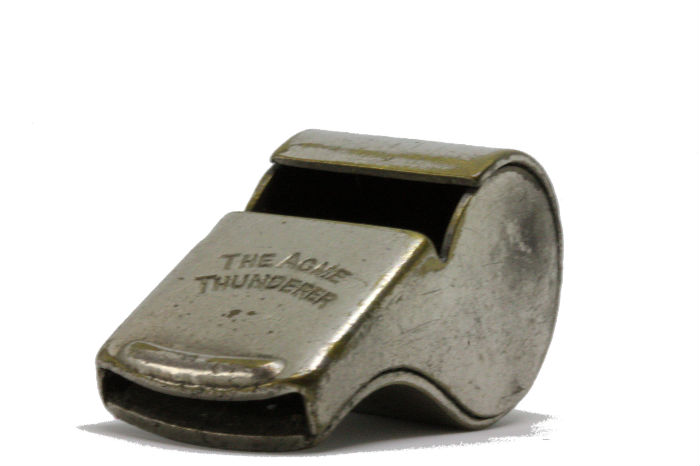In the recent case of Elysium Healthcare v Ogunlami, the Employment Appeal Tribunal upheld a tribunal’s finding that a whistleblowing detriment had occurred where a healthcare worker made an allegation that his supervisor had been taking a patient’s food.
Whistleblower protection
A worker will be protected from detriment or dismissal if they make a qualifying disclosure of information that relates to a wrongdoing such as a criminal offence or a failure to comply with legal obligations. The worker must hold a reasonable belief that (i) the information shows one of the specified types of wrongdoing has occurred or is likely to occur and (ii) the disclosure is in the public interest.
Facts
Mr Ogunlami was employed as a health care assistant by Elysium, a hospital provider for patients detained under the Mental Health Act. Mr Ogunlami raised concerns with managers about his supervisor’s conduct, including that she had been taking a patient’s food. Mr Ogunlami believed her conduct was in breach of Elysium’s policy in the staff handbook relating to relationships with patients and was a safeguarding issue which could amount to a disciplinary offence.
Mr Ogunlami received an email from a hospital director effectively warning him not to pursue the matter further. He was also moved without his consent to another site away from his supervisor without obvious reason.
Decision
An employment tribunal found that Mr Ogunlami held a reasonable belief in the breach of a legal obligation by his supervisor, namely to comply with their employer’s policies and therefore the terms and conditions of her contract of employment. The tribunal also found that his concerns were more than personal as they raised wider issues of public concern in the provision of care to vulnerable people.
It was further found that the threatening email and the location move were detriments which had been materially influenced by Mr Ogunlami’s disclosure. The Employment Appeal Tribunal dismissed Elysium’s appeal and upheld the original decision
Comment
This is an example of the leeway the courts will give to employees who are not expected to use precise legal terminology when making qualifying whistleblowing disclosures. Here Mr Ogunlami had not explicitly referred to his supervisor’s actions being a breach of a legal obligation but that was not essential to his case. Employers should approach with caution any allegations of wrongdoing made by a worker about colleagues, particularly where the alleged conduct could amount to a breach of the employment contract or an employment policy.

 Lloyd Davey
Lloyd Davey